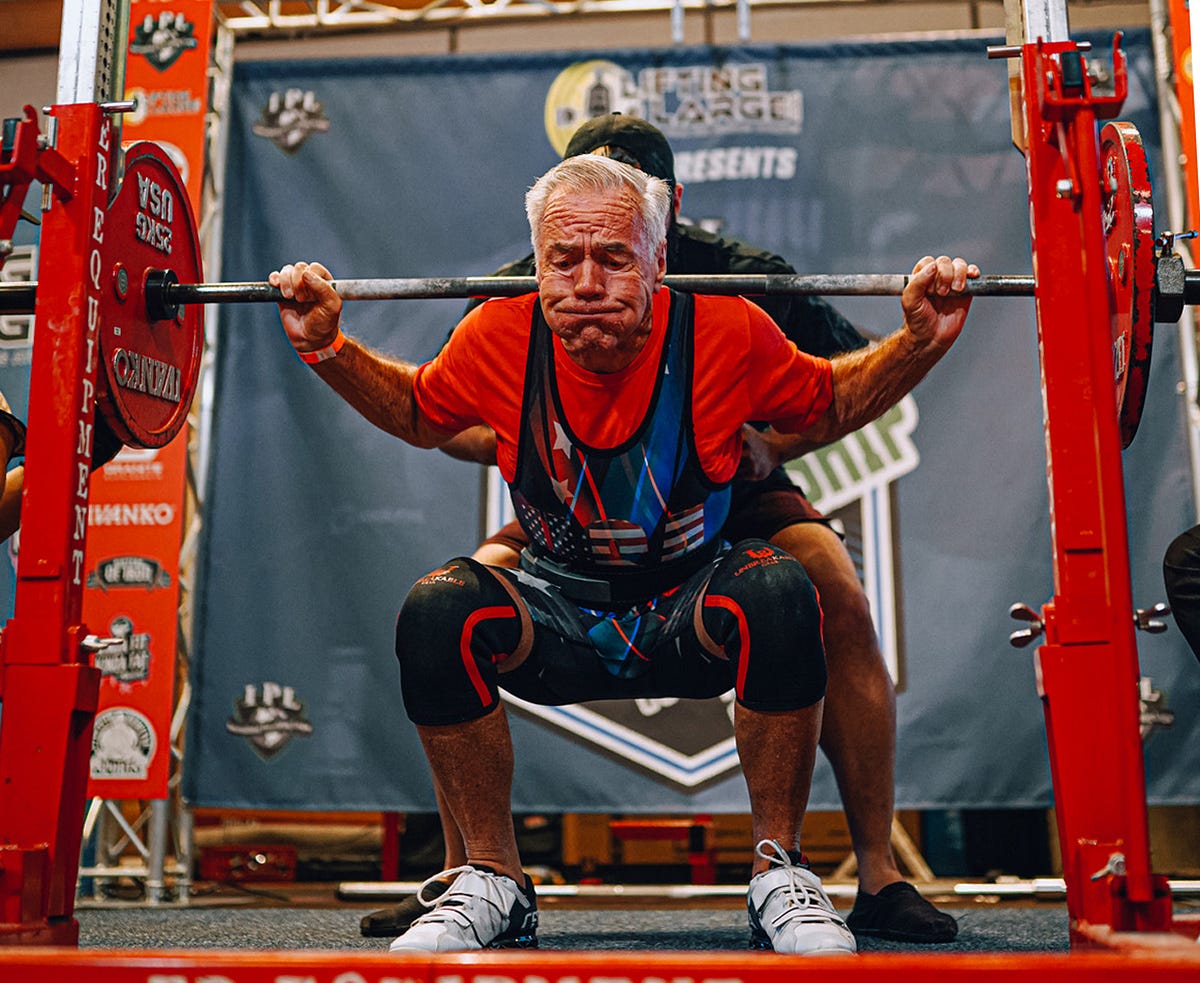
29
MarchNever Too Late: Exercise Helps Late Starters Achieve Health Goals
Introduction:
In a world where fitness culture often emphasizes youth and athleticism, it's easy to fall into the trap of believing that if you haven't been exercising since your teenage years or early adulthood, it's too late to start. However, this couldn't be further from the truth. Whether you're in your 30s, 40s, 50s, or beyond, incorporating exercise into your life can yield significant health benefits. This blog will explore the myriad ways in which exercise can positively impact late starters and provide motivation and guidance for embarking on a fitness journey at any age.
The main ingredient in Cenforce 100 is sildenafil citrate, an inhibitor of phosphodiesterase type 5 (PDE5). It is frequently recommended to treat erectile dysfunction (ED), Vidalista 60 and Fildena 120 a disorder marked by the inability to get or keep an erection strong enough for engaging in sexual activity.
Understanding the Importance of Exercise at Any Age:
a. Dispelling the myth of age limitations: While it's true that physical capabilities may change with age, the human body remains adaptable throughout life. Research shows that exercise can improve strength, flexibility, and endurance at any age.
b. Health benefits of exercise: From reducing the risk of chronic diseases like heart disease, diabetes, and osteoporosis to improving mental health and cognitive function, the benefits of regular exercise are extensive and well-documented.
c. Quality of life: Regular physical activity can enhance overall quality of life by promoting independence, increasing energy levels, and improving sleep quality.
Overcoming Barriers to Exercise:
a. Addressing common concerns: Late starters may face barriers such as lack of time, motivation, or confidence in their abilities. Understanding and addressing these concerns is crucial for initiating and maintaining an exercise routine.
b. Finding the right activity: The key to sticking with exercise is finding activities that are enjoyable and sustainable. Whether it's walking, swimming, yoga, or weight training, there are countless options to suit individual preferences and abilities.
c. Setting realistic goals: Setting achievable goals and tracking progress can help maintain motivation and provide a sense of accomplishment along the way.
Starting Slow and Building Momentum:
a. Importance of gradual progression: Beginning with low-intensity activities and gradually increasing duration and intensity can help prevent injury and improve adherence to an exercise program.
b. Incorporating variety: Mixing up activities and trying new things can keep workouts interesting and prevent boredom or burnout.
c. Consistency is key: Consistently making time for exercise, even in small increments, is essential for building strength, endurance, and overall fitness over time.
Overcoming Age-Related Challenges:
a. Addressing mobility issues: Aging may bring about changes in mobility and flexibility, but exercise can help maintain and improve these essential functions. Incorporating stretching and mobility exercises into a routine can help counteract age-related stiffness and improve range of motion.
b. Managing chronic conditions: For individuals with pre-existing health conditions, it's essential to consult with a healthcare professional before starting an exercise program. With proper guidance and supervision, many chronic conditions can be managed or improved through regular physical activity.
c. Prioritizing recovery: As we age, adequate rest and recovery become increasingly important. Incorporating rest days into an exercise routine and prioritizing activities that promote relaxation and stress reduction can support overall health and well-being.
Celebrating Progress and Embracing the Journey:
a. Recognizing achievements: Whether it's reaching a fitness milestone, mastering a new skill, or simply feeling more energized and confident, celebrating progress along the way is essential for maintaining motivation and momentum.
b. Embracing the journey: Fitness is a lifelong journey, and it's essential to embrace the process rather than fixating solely on end goals. Cultivating a positive mindset and focusing on the enjoyment and benefits of exercise can help sustain long-term commitment.
c. Inspiring others: By sharing their experiences and successes, late starters can inspire others who may be hesitant to embark on their fitness journey. Leading by example and demonstrating that it's never too late to prioritize health and well-being can have a ripple effect within communities and families.
Conclusion:
Regardless of age or fitness level, it's never too late to reap the benefits of exercise. By overcoming barriers, starting slow, and embracing the journey, late starters can improve their health, enhance their quality of life, and inspire others along the way. With dedication, perseverance, and a willingness to step outside their comfort zones, late starters can achieve their fitness goals and enjoy the lifelong rewards of an active lifestyle. Remember, it's never too late to start – the journey to a healthier, happier you begins today.
